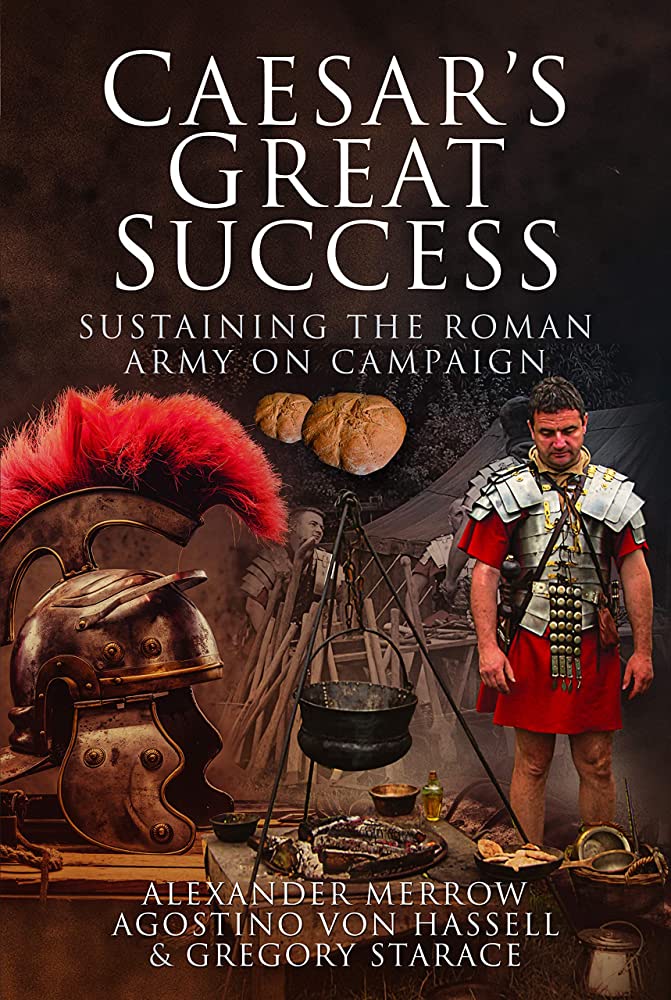This article compares two famous military leaders, Julius Caesar and Napoleon Bonaparte. Julius Caesar was a prominent figure during the Roman Republic who consolidated his power through military conquests, diplomatic maneuvers, and propaganda. Napoleon Bonaparte was a master strategist who won several battles against the armies of other European powers, modernizing French society with education, law, and religion reforms. Both leaders employed different tactics and left indelible marks on history, reshaping entire societies, and influencing generations of people. Despite being from different eras, their achievements place them among the most celebrated military leaders of all time.
Julius Caesar vs. Napoleon Bonaparte: Contrasting Two Famous Military Leaders
Introduction
Military leaders have played a significant role in shaping history. Two of the most prominent personalities in this regard are Julius Caesar and Napoleon Bonaparte. Both were successful military commanders and politicians who left an enduring impact on the world. This article will delve into their lives and compare their achievements, tactics, and overall impact on history.
Background
Julius Caesar was born in 100 BC in Rome. He emerged as a prominent figure during the Roman Republic and played a vital role in the transformation of Rome from a Republic to an Empire. Caesar consolidated his power through military conquests, diplomatic maneuvers, and propaganda. He was instrumental in expanding the Roman Empire and establishing it as the dominant force of the Mediterranean world.
Napoleon Bonaparte, on the other hand, was born in Corsica in 1769. He rose to prominence during the French Revolution and became the first consul of France in 1799. Napoleon was a master strategist who won several battles against the armies of other European powers. His military conquests extended the influence of France across Europe, and he was considered as a military genius.
Achievements
Julius Caesar achieved many notable feats during his time. He won several military campaigns, notably the conquest of Gaul, which is now known as France, and secured his power through a series of political alliances. Caesar also initiated several public works projects, including the construction of new buildings, parks, and public baths, which enhanced the welfare of the Roman people.
Napoleon’s achievements are equally remarkable. He reorganized the French Army, introducing new tactics and weapons, which made it stronger and more efficient. He also oversaw several reforms in the fields of education, law, and religion, which modernized French society. Napoleon also carved out an Empire that extended over much of Europe, introducing revolutionary changes in the region’s governance, such as the introduction of the Napoleonic Code.
Tactics
Julius Caesar’s tactics centered on identifying the weaknesses of his opponents and exploiting them to his advantage. He was also known for his strategic thinking and his ability to come up with alternative plans when things didn’t go as expected. His tactics included the use of siege warfare, the formation of alliances with neighboring nations, and the reinforcement of soldiers’ loyalty by sharing the loot.
Napoleon’s military tactics were more aggressive, emphasizing the use of speed and surprise in battle. He was known for his use of fragmentation shells, which caused chaos among enemy lines, and his famous tactic of enveloping enemy forces to cut off their escape routes. He also employed propaganda, using the media to sway public opinion in his favor.
Impact on History
Julius Caesar’s impact on history is vast. He initiated the transition of the Roman Republic to an Empire, setting the stage for centuries of influence over Western Europe. Caesar’s legacy is also seen in the English language, where his name has been immortalized in the phrase “Crossing the Rubicon,” meaning to reach the point of no return.
Napoleon’s impact on history is equally significant. His military conquests and reforms transformed European society, shaping the geopolitical landscape of the continent. His Napoleonic Code and the hard-fought victories of his armies continue to inspire military leaders around the world, and he is regarded by many as one of the greatest military commanders in history.
Conclusion
Julius Caesar and Napoleon Bonaparte, despite being leaders from different eras, share many similarities. They were both skilled military leaders who rose to prominence through their exploits on the battlefield. They both left an indelible mark on history, reshaping entire societies and influencing generations of people. Their tactics, achievements, and impacts on history, while different in some respects, place them among the most celebrated military leaders of all time.
